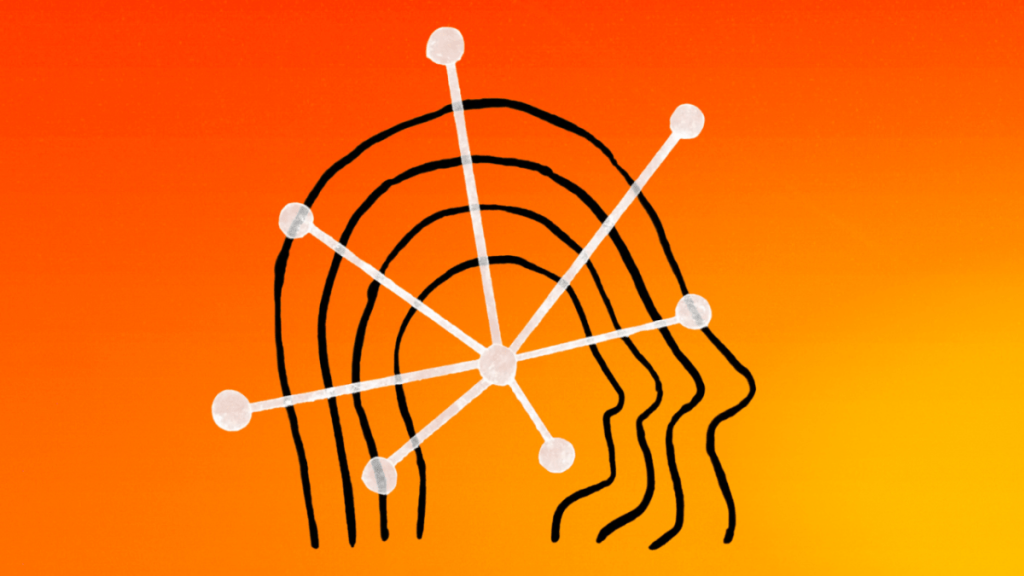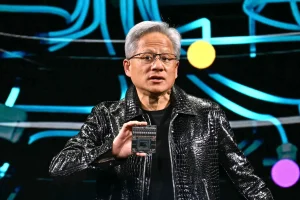Pioneering the Next Generation of AI Evaluation

In a notable stride towards enhancing Artificial Intelligence (AI) capabilities, a significant new program has been unveiled. This initiative is aimed at not just developing, but substantially funding the creation of more comprehensive AI benchmarks.
The program seeks to move away from conventional metrics, focusing instead on constructing robust evaluation systems. These are designed to test the true capability of AI to handle complex, multifaceted tasks while emphasizing safety and societal impacts. By doing so, it promises to redefine our understanding and monitoring of AI technologies.
Launching a New Era of AI Benchmarking
In a bold move to push the boundaries of artificial intelligence, a new initiative has been introduced to fund the development of advanced AI benchmarks. This initiative aims to create rigorous tests that accurately measure AI models, including sophisticated generative models. These benchmarks are crucial as they go beyond the traditional metrics, focusing on AI’s ability to handle complex, real-world tasks and its implications on safety and security.
Redefining AI Safety and Security
The program emphasizes the necessity of developing benchmarks that address AI’s potential in national security and defense. It proposes creating an early warning system to identify and evaluate risks associated with AI technologies. This proactive approach seeks to mitigate threats before they magnify, highlighting the program’s dedication to advancing AI safety across various sectors.
Moreover, the initiative also plans to explore AI’s role in enhancing scientific research, breaking language barriers, and reducing inherent biases. By funding these endeavors, the initiative supports the creation of a safer, more inclusive AI landscape.
Challenges in AI Benchmark Development
Despite the urgency and potential impact of these new benchmarks, the development process is fraught with challenges. High-quality, safety-relevant evaluations for AI technologies are scarce, and the demand for such benchmarks far exceeds the supply.
This gap underscores the complexity of designing tests that not only gauge AI’s capabilities but also ensure these technologies are safe and beneficial for society.
The initiative’s commitment to filling this void is evident, as it seeks to catalyze progress and set new standards in AI evaluation.
Building Collaborative Platforms for AI Evaluation
Envisioning a collaborative environment, the program aims to establish platforms that allow experts to craft customized AI evaluations. These platforms will enable large-scale testing involving thousands of participants, providing a comprehensive assessment of AI models.
This approach not only democratizes the development of AI benchmarks but also leverages collective expertise to enhance the accuracy and relevance of evaluations.
Funding and Future Prospects
The initiative offers a variety of funding options, tailored to meet the needs and stages of different projects. By interacting directly with domain experts, teams can refine their proposals and align their goals with broader AI safety benchmarks.
As the initiative progresses, it has the potential to significantly alter the landscape of AI benchmarking, fostering innovative solutions and safer AI applications.
Expert Reactions and Ethical Considerations
While the initiative is commendable for its forward-thinking approach, it has stirred some controversy. Certain segments of the AI community express concerns over the program’s potential to impose predefined notions of what constitutes ‘safe’ AI.
Moreover, the focus on catastrophic risks, such as AI’s role in enhancing weapons or crafting misinformation, raises ethical questions about the direction of AI development.
The initiative to develop a new spectrum of AI benchmarks is poised to usher in a revolution in how we assess and understand the capabilities of artificial intelligence. As we move towards more realistic and pragmatic measures, the goal is clear: create a safer, more equitable technological future. This forward-thinking approach does not merely aim to enhance existing models but seeks to fundamentally change the evaluation landscape, ensuring that AI systems benefit all of society.
By introducing rigorous and tailored benchmarks that address real-world applications and risks, the initiative promises to make significant strides in AI safety and effectiveness. It’s a promising step towards acknowledging and mitigating the potential threats posed by advanced AI technologies, while fostering an environment of innovation and inclusivity.





